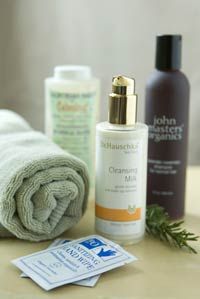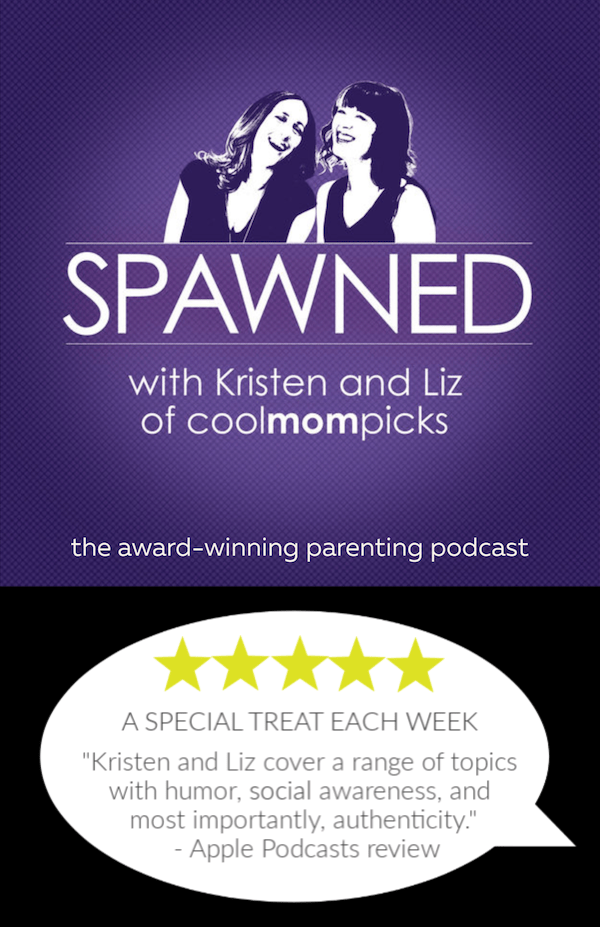 When it comes to healthy, sustainable food, the broccoli’s out of the bag, thanks to movies like Food, Inc. and books like The Omnivore’s Dilemma. So now we all join CSAs and hunt for the least bruised organic apples — and then we come home and just slap on lotions and potions without nearly as much thought about their ingredients or origins. Maybe it’s time to start focusing some of that scrutiny we apply to the food we put in our bodies on the bath and beauty products that we put on our bodies.
When it comes to healthy, sustainable food, the broccoli’s out of the bag, thanks to movies like Food, Inc. and books like The Omnivore’s Dilemma. So now we all join CSAs and hunt for the least bruised organic apples — and then we come home and just slap on lotions and potions without nearly as much thought about their ingredients or origins. Maybe it’s time to start focusing some of that scrutiny we apply to the food we put in our bodies on the bath and beauty products that we put on our bodies.
Now, Whole
Foods is doing what they can to help step up the USDA’s lack of
policing in the body product arena. As of June 2011, Whole Foods has
pledged that all body products in their stores that are labeled organic must be certified
organic.
Translation: Certified organic means composed of 95% organic
agricultural materials grown using earth-friendly practices without
toxic or persistent pesticides; the last 5% must come from a carefully
vetted list of approved additives. From here on out, at Whole Foods,
you’ll know exactly what organic shampoo, made with organic rosemary,
and contains organic lavender mean. Consider the playing field leveled.
Sure,
a lot of companies that make natural bath and beauty products are going to have to change labels, reformulate
products, or spend money to get certified. That is going to be tough on
some small businesses, but overall we think it’s a step in the right
direction.
Since it took the FDA and USDA three solid months to decide just to
discuss the issue, Whole Foods is actually doing us a great service by
insuring that “organic” means the same in every aisle. And thanks to
that last 5%, I may never have to see the word paraben
again.~Delilah
Read the full article about certified organic labeling on the Whole
Foods blog.






This sucks for small companies that can’t afford certification. But it also helps put a stop to huge brands slapping “all natural” and other ridiculously false terms on their labels to get by. Glad Whole Foods is taking a stand here.